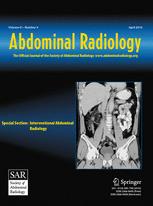 The Open Science Framework (OSF) has pulled a dataset from 70,000 users of the online dating site OkCupid over copyright concerns, according to the study author.
The Open Science Framework (OSF) has pulled a dataset from 70,000 users of the online dating site OkCupid over copyright concerns, according to the study author.
The release of the dataset generated concerns, by making personal information — including personality traits — publicly available.
Emil Kirkegaard, a master’s student at Aarhus University in Denmark, told us that the OSF removed the data from its site after OkCupid filed a claim under the Digital Millennium Copyright Act (DMCA), which requires the host of online content to remove it under certain conditions. Kirkegaard also submitted a paper based on this dataset to the journal he edits, Open Differential Psychology. But with the dataset no longer public, the fate of the paper is subject to “internal discussions,” he told us.
In place of the dataset on OSF, this message now appears: Continue reading Publicly available data on thousands of OKCupid users pulled over copyright claim
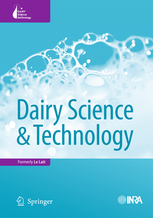

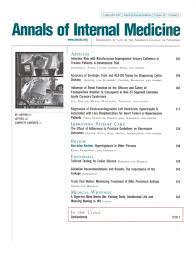 A major medical journal has updated its instructions to authors,
A major medical journal has updated its instructions to authors, 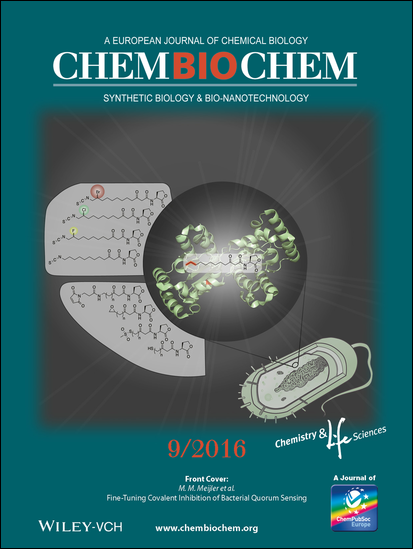 It was
It was 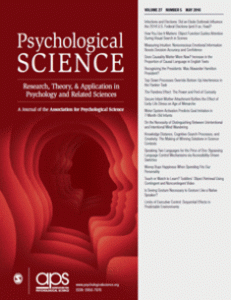
 We’ve found another retraction for
We’ve found another retraction for 

